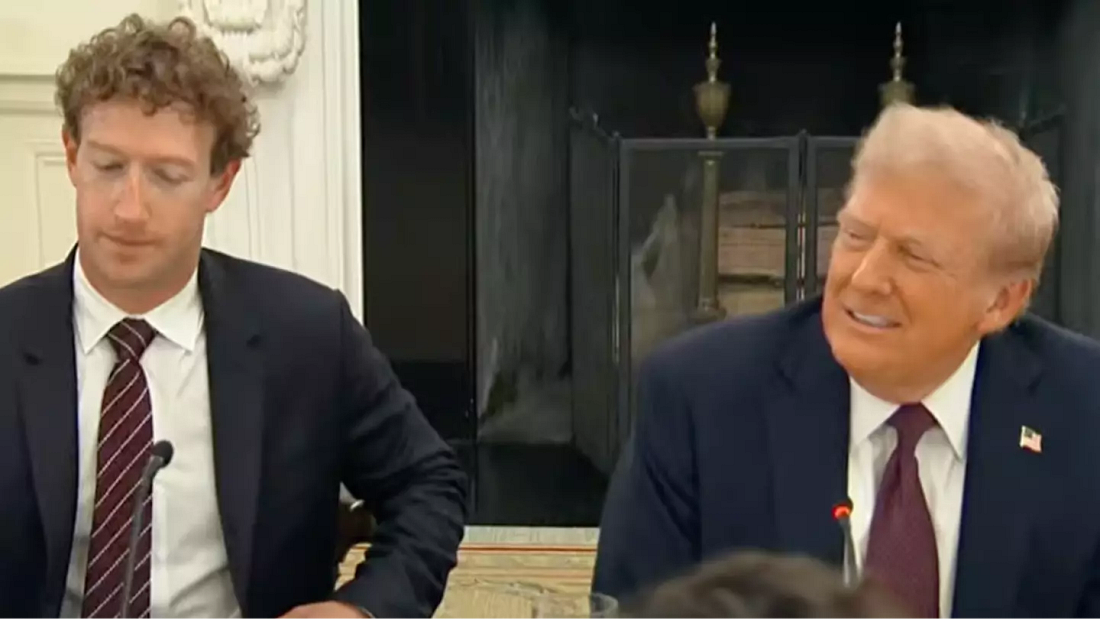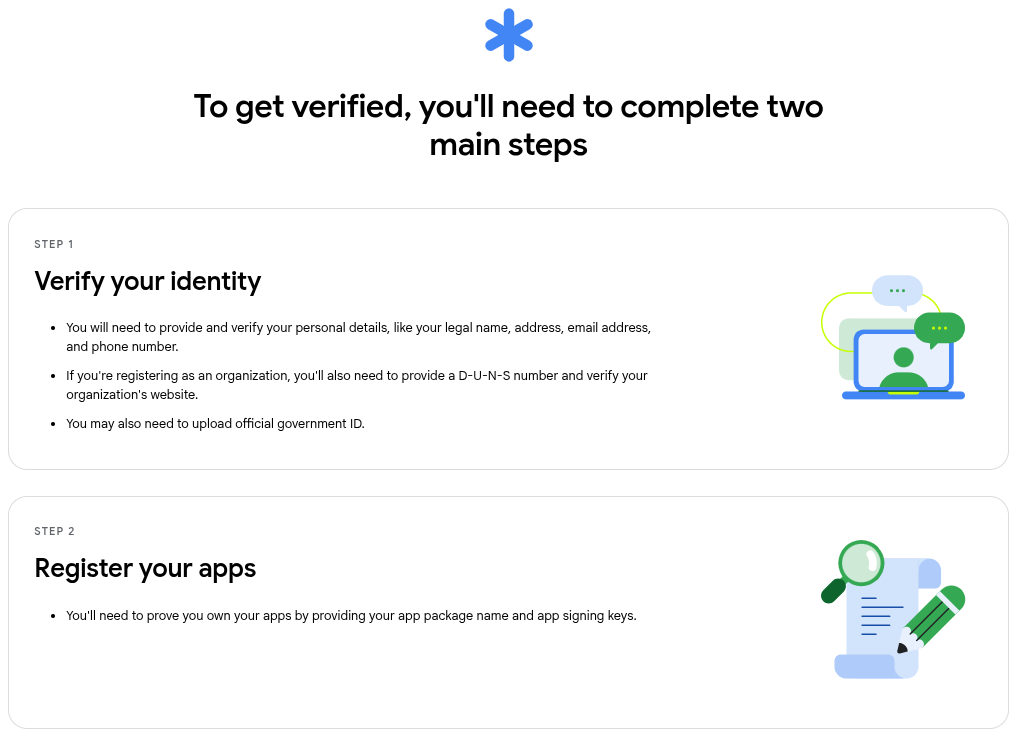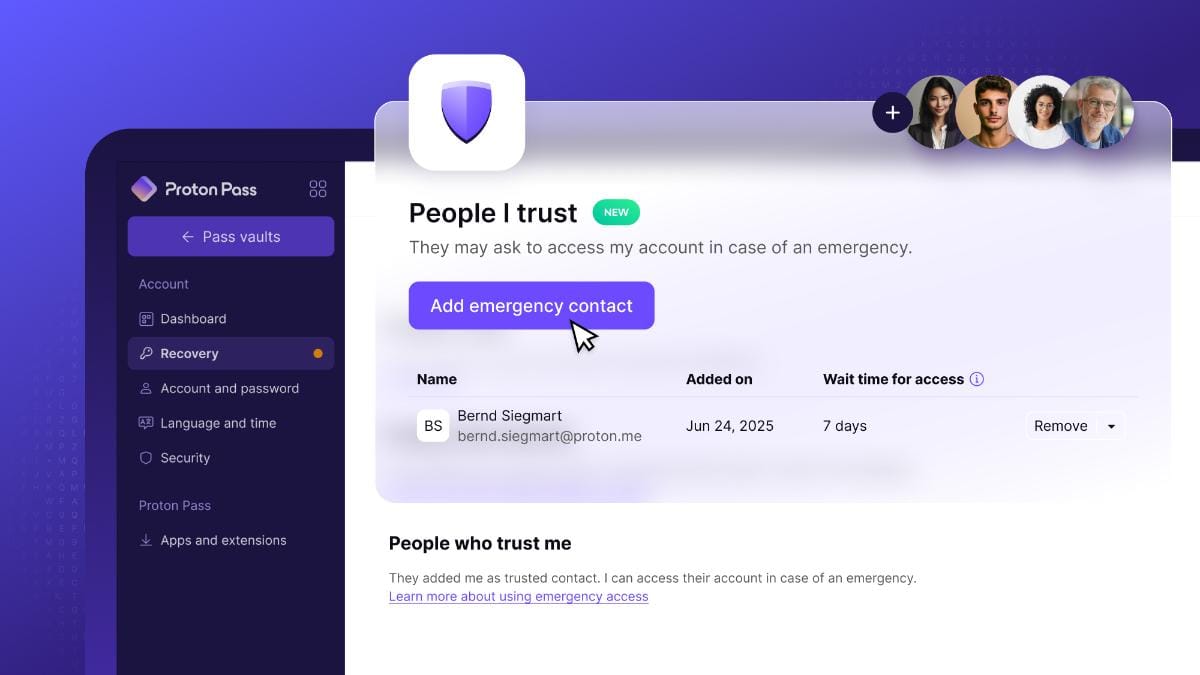Billionaires Feast While The Nation Starves
While America bleeds jobs and families count pennies at checkout lines, the tech titans gorge themselves on power, carving up the future like it’s their private buffet.
Guest article by Michael Cohen. Make sure to follow him on Substack for more by clicking here.
Picture the scene: a long table dripping with excess, chandeliers glowing above, the smell of wealth so thick it practically fogged the room. This wasn’t dinner; it was theater. A pageant of power dressed up as a “tech summit.” The titans of industry gathered not to brainstorm innovation or discuss how technology could serve humanity. No, they came to kiss the ring, to trade favors, and to make sure their slice of the future stayed locked in their vaults.
Notice who wasn’t there: Elon Musk. And that tells you everything. This wasn’t just a meeting of the brightest minds in technology; it was a curated guest list of insiders who understood the real assignment: pledge loyalty, secure access, and leave with the guarantee that when policy chips are dealt, their hands are always full. Musk may have the rockets and the tweets, but for this table, the price of admission wasn’t innovation. It was obedience. (Editors note: Musk, who practically lived at the White House for months before his very public fallout with Trump, claims he was unable to attend).
The rest showed up with bells on. CEOs, financiers, venture capitalists—all lining up for a photo op with power. They didn’t come for the steak or the wine, though you can bet it was flown in, aged perfectly, and poured from bottles that cost more than a month’s rent for most families. They came because proximity pays. One evening at that table is worth more than a year of lobbying. Influence doesn’t happen in legislation anymore; it happens in dining rooms, under chandeliers, between bites of foie gras.
Meanwhile, outside the Trump banquet dinner, America is crumbling. A mere 22,000 jobs were created last month—well below the expectation of 75,000. Wages are flat. Prices are up. Unemployment ticked up to 4.3%, a level not seen since September of 2017. Families are rationing groceries, skipping medical appointments, watching their savings vanish like smoke. The labor market is in the toilet, and the pain is finally hitting home; not on Wall Street, not in Silicon Valley, but in every checkout line across the country. And while working families count pennies, the richest men in the world count favors and their increased billions.
The hypocrisy is staggering. These moguls love to talk about “innovation,” “disruption,” “the future.” But innovation here means automation that kills jobs. Disruption means deregulation that pads their profits. The future they’re building isn’t one where your life gets easier; it’s one where you’re monitored, monetized, and left holding the bill. They speak the language of progress while practicing the art of extraction.
And the whole scene was drenched in a kind of performative civility that makes the stomach turn. Perfect table settings, polite laughter, plates cleared before they’re half-finished. It’s not dining, it’s choreography; every fork and napkin another reminder of the hierarchy. They feast while the country starves. They toast to “partnerships” while millions wonder how to pay for groceries. They smile for the cameras because the optics are the point: this is who owns the future, and you are not invited.
The real obscenity isn’t the wealth. It’s the timing. These titans saw the collapsing job market not as a warning sign but as an opening. When Americans are desperate, distracted, and hurting, that’s when power is easiest to consolidate. They didn’t come to solve the crisis; they came to profit from it. They know influence is cheapest when people are suffering. That’s the opportunity of the moment: while the public drowns, they build higher walls around their yachts.
And make no mistake: they knew exactly what they were doing. Every word at that table was transactional. Every smile had a price tag. They weren’t there to brainstorm the next great leap for mankind; they were there to make sure the next great leap pays dividends to them. They see government not as a public trust but as a vending machine, and a dinner like this is how you get the tokens.
What happened that night wasn’t a summit; it was a loyalty feeding frenzy. The richest men in America circling the table, not to eat, but to devour influence, carve up policy, and gorge themselves on the future. The labor market is collapsing, families are hurting, but for the titans, that’s just background noise. The only sound that mattered was the clink of glasses sealing the deal.
And the rest of us? We’re left with the scraps, watching billionaires lick their chops while we foot the bill.
HAD ENOUGH YET? SICK AND TIRED OF THE BILLIONAIRE CLASS ROBBING US AND OUR CHILDREN OF THEIR FUTURE?
IF YES, THEN PLEASE, SUBSCRIBE. SHARE. RESTACK. JOIN ME!!!!
I know—you’re drained. Burned out. Numb from the chaos.
Same here.
But for nearly a decade I’ve been swinging in the dark, carving out space for truth to breathe. Now I’m asking you to swing with me.
Because if you’ve made it this far, you already know:
This isn’t a newsletter. It’s a battle cry. A siren. A line drawn deep in the dirt.
We are not bystanders watching the wreckage pile up. We are the pushback. We drag the rot into daylight. We speak the unspeakable and refuse to blink.
But here’s the catch—I can’t carry this fight alone.
The storm isn’t coming—it’s here. Wrapped in red, white, and blue. Preaching “liberty” while peddling authoritarianism like it’s a discount sale.
So I’ll ask you straight:
Are. You. With. Me?
This isn’t the kind of post you skim and forget. This is movement. Messy, loud, relentless movement—and it only exists if you fuel it.
We need to shout past spin, punch holes through propaganda, and be immune to gaslighting. That takes more than clicks. More than hollow likes.
It takes skin in the game.
So if you believe truth matters—if you’re sick of the circus, if you want to stop screaming into the void and start striking back—this is your moment.
Here’s how you throw down:
Become a paid subscriber. Fund the kind of journalism that doesn’t flinch.
Share this with the loudest voices you know—the ones who never bite their tongue.
Build the community. Amplify the message. Be the megaphone.
And yeah—Founding Members: the first 240 will get a signed, numbered, limited-edition Substack version of Revenge. Not just a collector’s item. It’s proof. Evidence that you stood up instead of sitting out.
But don’t get it twisted:
This isn’t about a book.
It’s about guts.
It’s about spine.
It’s about locking arms and saying, “Not. On. Our. Watch.”
You want to make a dent? Then make it—now.
Because if we don’t fight for truth, no one will.
But if we fight together?
They. Can’t. Silence. Us.
Let’s be so loud they’ll pray we were only angry tweets.
Let’s be immovable.
Unshakable.
Unignorable.
Un-fucking-breakable.
Game on.















